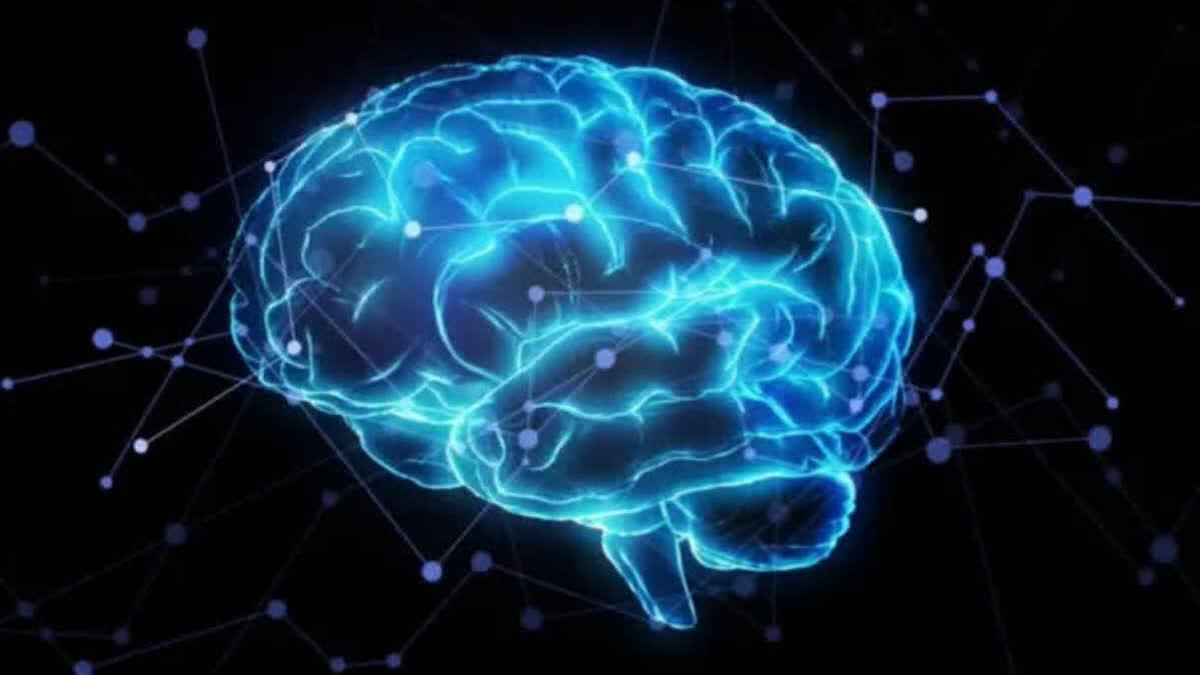London: Around 56 million people globally suffer a concussion each year. It's common for concussion to cause short-term symptoms such as a headache, nausea, sensitivity to light and problems concentrating. But many people also struggle with long-term symptoms including fatigue, trouble sleeping and concentrating, and emotional distress. Previous research found that clinicians estimated one in ten people might experience long-term symptoms after a concussion.
But our recent study estimates that post-concussive symptoms are far more common. Our study, published in Brain, found that almost half of people who suffered a concussion had not fully recovered six months after their injury. To conduct our study, we analysed brain scans from over 100 patients who had recently experienced concussion from all across Europe. These brain scans were conducted using a technique called resting-state functional MRI (fMRI).
A resting-state fMRI measures brain activity when a person is at rest, which can be used to understand how different regions of the brain communicate. This allows us to understand if the brain is functioning as it should or if there are problems with a person's brain connectivity. A resting-state fMRI can also tell us more than a CT scan or MRI might. While these types of scans are often given to concussion patients, both only look for structural changes in the brain such as inflammation or bruising.
Such changes often don't occur in mild concussion cases soon after injury, which may lead clinicians to believe no brain damage has occurred. But a resting-state fMRI can show us more subtle changes in brain function and may help us better predict who is more likely to develop long-term symptoms.
In our analyses, we specifically looked for changes in a region in the centre of the brain called the thalamus. This region is important in integrating sensory information and relaying it throughout the entire brain. The thalamus is also thought to be very vulnerable to the kind of external force that leads to concussion (such as a fall or blow to the head). Our research found that concussion was associated with increased functional connectivity between the thalamus and the rest of the brain very shortly after injury, when compared to 76 healthy control subjects.
In other words, the thalamus was trying to communicate more as a result of the injury. This was despite routine MRI and CT imaging showing no structural changes in the brain. While many of us would assume that more connectivity in the brain is a good thing, research looking at more severe head injuries indicates that greater connectivity between brain regions might actually be a sign of the brain trying to compensate and offset damage across the brain.
